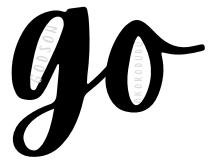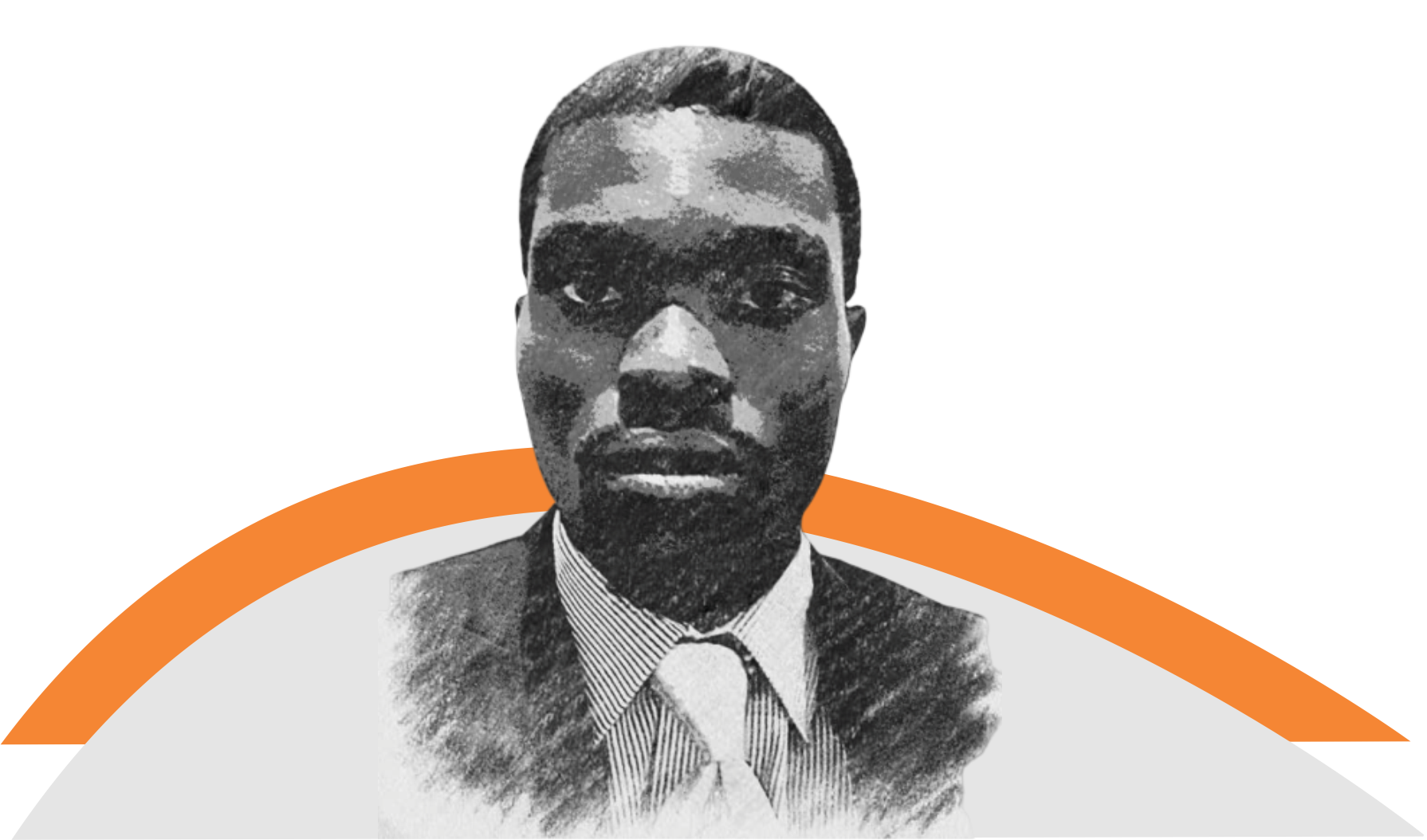The reason why productivity is such an important topic is because time is finite.
Unlike money, once time is lost, it’s lost.
Science has yet to find a way to increase a person’s time. We all get the same 24 hours every day; making it super important that we use them wisely.
However, contrary to popular opinion, productivity is not just about working harder; it’s about working smarter.
And the advantages? Less stress, more free time, higher quality work, and more fulfillment.
If these sound like things you want more of in your life, then come with me, let’s navigate the universe of productivity together.
Finish The Day Early
Let’s start at what lies at the end of the productive circle: reclaimed time.
I began this post by talking about man’s most important resource — Time.
I want you to think of time as a currency (the fact is that it is), and every day you and everyone on the planet get 24 hours; with which you can spend on sleeping, doing chores, running errands, working, etc.
Now for these different activities, I want you to categorize them into High and Low-value activities.
For instance, spending time with family, creative work, etc. are high-value activities; whereas working a 9 – 5, running errands, and so on are low-value activities.
You would immediately see that what you spend your time doing; is simply a reflection of your life.
Finishing your day early gives you more time and freedom to spend on hobbies, family, or just pure relaxation.
This will enhance the quality of your life and happiness.
But, of course, you cannot do this if someone (a.k.a — Your boss) tells you how to spend your time.
This is reserved exclusively for people who have bought into the creator economy and have the freedom to determine where, when, and how they work.
For those who have time freedom or at least are working towards it:
To enhance your productivity, identify the most productive hours of your day and do your most critical tasks within that time.
Prep Your Environment
You cannot be productive everywhere, so you need to create a conducive environment to do your best work.
Consider J.K. Rowling, who wrote much of the Harry Potter series in cafes, finding solace in the bustling yet non-intrusive background noise
You need to find your productive sweat spot. You might work better in a bright, white room. Others may enjoy working in open spaces — Like a park.
Personally, It’s difficult to work productively around clutter, or several interruptions.
I also know how to use music (or no music) to enhance my mood, and pace, and to find inspiration.
You need to keep in mind, that while some environments stifle productivity; others will inspire you to do great work.
Deep Work And Pomodoro
Pomodoro is a productivity technique named after a tomato-shaped kitchen timer; this method involves working for 25 minutes and taking 5 5-minute breaks.
Deep work, on the other hand, emphasizes the importance of focused, uninterrupted work sessions.
There are two schools of thought when it comes to choosing a technique.
Those who favor deep work techniques insist on working for extended periods without distractions. On the other hand, Pomodoro users believe that taking a 5-minute break for every 25 minutes of work enhances work quality.
I believe there is a place for both techniques in modern work environments.
You see, not every day is the same and not all work types are the same.
Pomodoro appears more suitable when doing surface tasks—Like graphics design, proofreading, etc. Deep work favors creative work, as it allows the mind the freedom to explore and ascend to new heights.
You should use both for maximum productivity, depending on what you want to achieve.
Saying NO
Warren Buffet once said, “The difference between successful people and really successful people is that really successful people say no to almost everything.”
Learning how to say No is a powerful productivity hack.
Saying no does not stop at requests from people. It’s about prioritizing tasks that align with your goals and saying no to those that don’t.
Some people call this selective focus, and it helps ensure your energy is being spent on what truly matters.
If your time is used up for irrelevant tasks, there will be none left for what truly counts.
Body And Mind Management
Productivity isn’t just about time management; It’s also about energy management.
Have you ever tried working when you were tired and fatigued? How did that go?
Not too great I guess. That’s because when you’re tired, your mind begins to shut down.
Steve Jobs was known for his walking meetings, which helped to keep him active and also spur creative thinking.
Regular exercise, a balanced diet, and adequate sleep are non-negotiables for maintaining high energy levels.
When your body is fueled correctly, your mind works more efficiently, making productivity a natural byproduct.
Summary
Increasing productivity is not about squeezing every last drop of energy out of your day.
It is also not about working longer hours or being very busy throughout the day.
It’s about making deliberate choices that align with your goals and values. The advantages are clear: more time, better focus, enhanced creativity, and improved well-being (less stress).
By adopting these strategies, you can do more in less time.


0 Comments